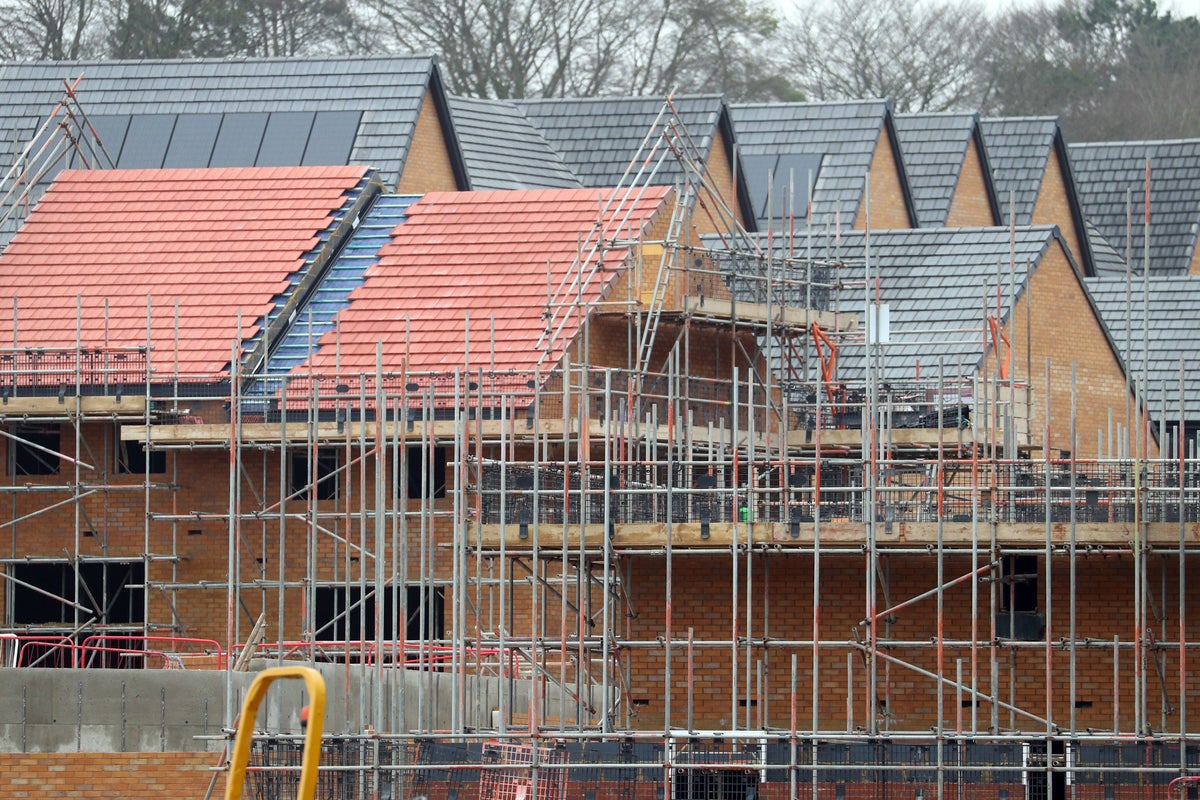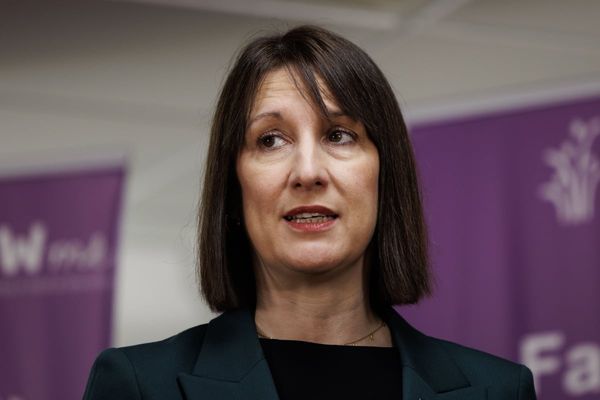
Private providers of social housing in England saw their costs for major repairs including cladding removal reach the highest level on record in the year to March, according to a report.
The Regulator of Social Housing (RSH) said capitalised major repairs – which include long-term refurbishments such as replacing a roof or stripping cladding from a building – rose by just under a fifth to £3.3 billion.
This was up from £2.8 billion in the previous 12 months and the highest level since records began around two decades ago.
The sector as a whole has so far proven resilient... however, forecasts indicate this could become more challenging in the future
The annual report, covering the 12 months to the end of March 2024, stated: “The main drivers of this increase relate to fire remediation, building safety and investment works, as providers continue to implement building safety and energy efficiency measures.”
The report looked at 200 large provider groups which own or manage at least 1,000 social homes, representing more than 96% of the sector’s housing stock.
Overall, spending on repairs and maintenance hit a record £8.8 billion, which is around a billion more compared with the previous 12 months and above the pre-pandemic level of £5.7 billion reported in 2020.
Providers also reported spending around 10% more on development compared with the previous year – at £15 billion, up from £13.7 billion.
There was also a 3% rise in the number of new social homes finished in the year to March, totalling 54,000.
But the regulator said the forecast for the total number of social homes likely to be completed in the next five years has fallen by around 12%, amid fewer new starts.
The RSH said while the sector has “so far proven resilient”, its financial position “has continued to weaken”, with some providers making “trade-offs in order to reduce their risk exposure” such as not starting as many new-builds and deciding to sell or transfer some of their housing stock.
As these challenges intensify, providers must monitor and mitigate risks, including alerting us of any material issues
Will Perry, director of strategy at the RSH, said: “The sector as a whole has so far proven resilient as it grapples with competing financial pressures, managing to stabilise operating margins this year while investing record amounts on existing homes and building much-needed new homes.
“However, forecasts indicate this could become more challenging in the future as rising levels of debt and cost of capital, as well as sustained high levels of investment in existing stock, impact providers’ surpluses.”
While there are not immediate concerns of providers going bust, the RSH warned that organisations must keep a close eye on their finances and give good notice to the regulator if they have problems.
Mr Perry added: “As these challenges intensify, providers must monitor and mitigate risks, including alerting us of any material issues.
“We will take action if we have concerns about a landlord’s viability.
“We know that this continued close scrutiny is key to maintaining investor confidence, as well as protecting tenants and providing new homes across the country.”










